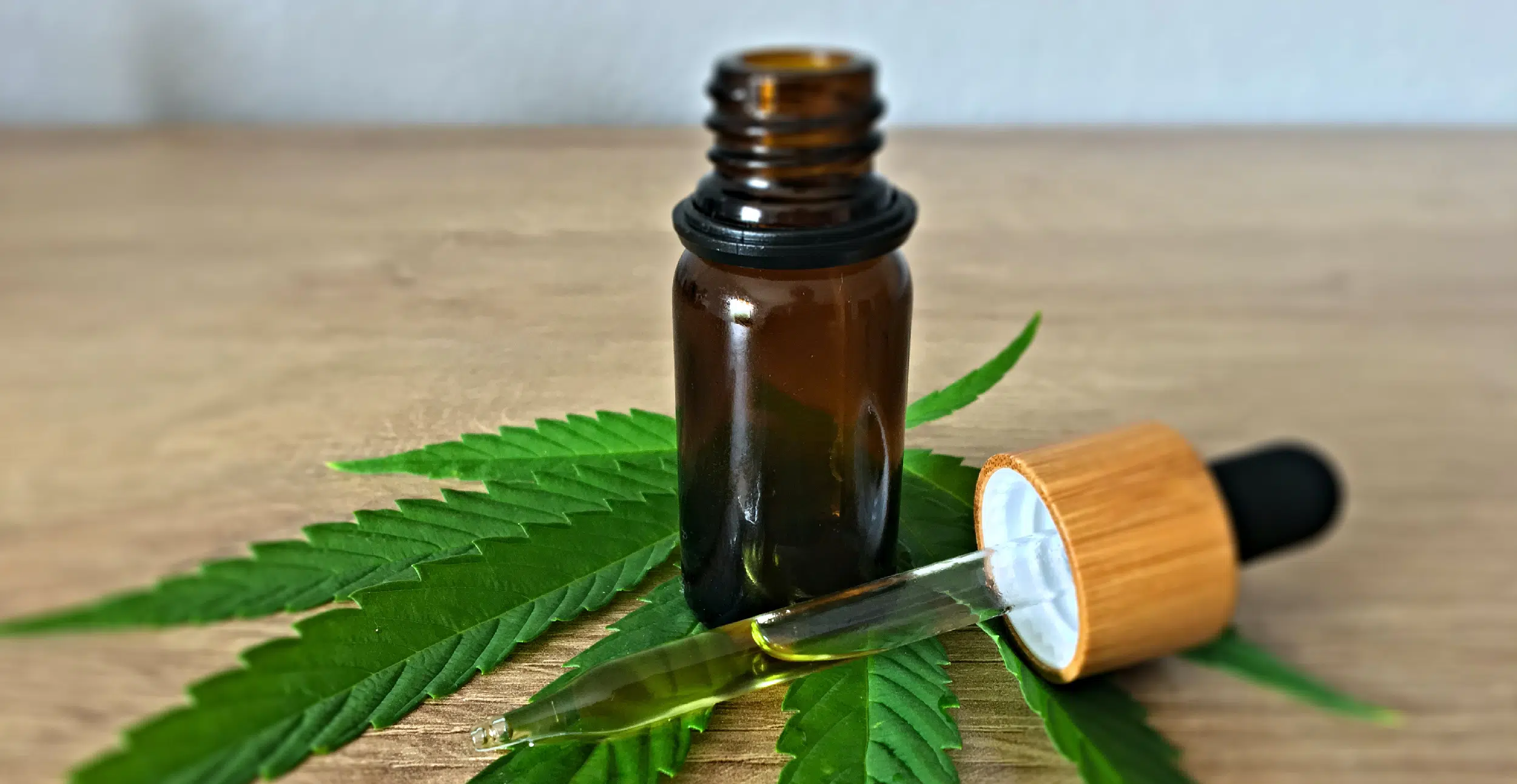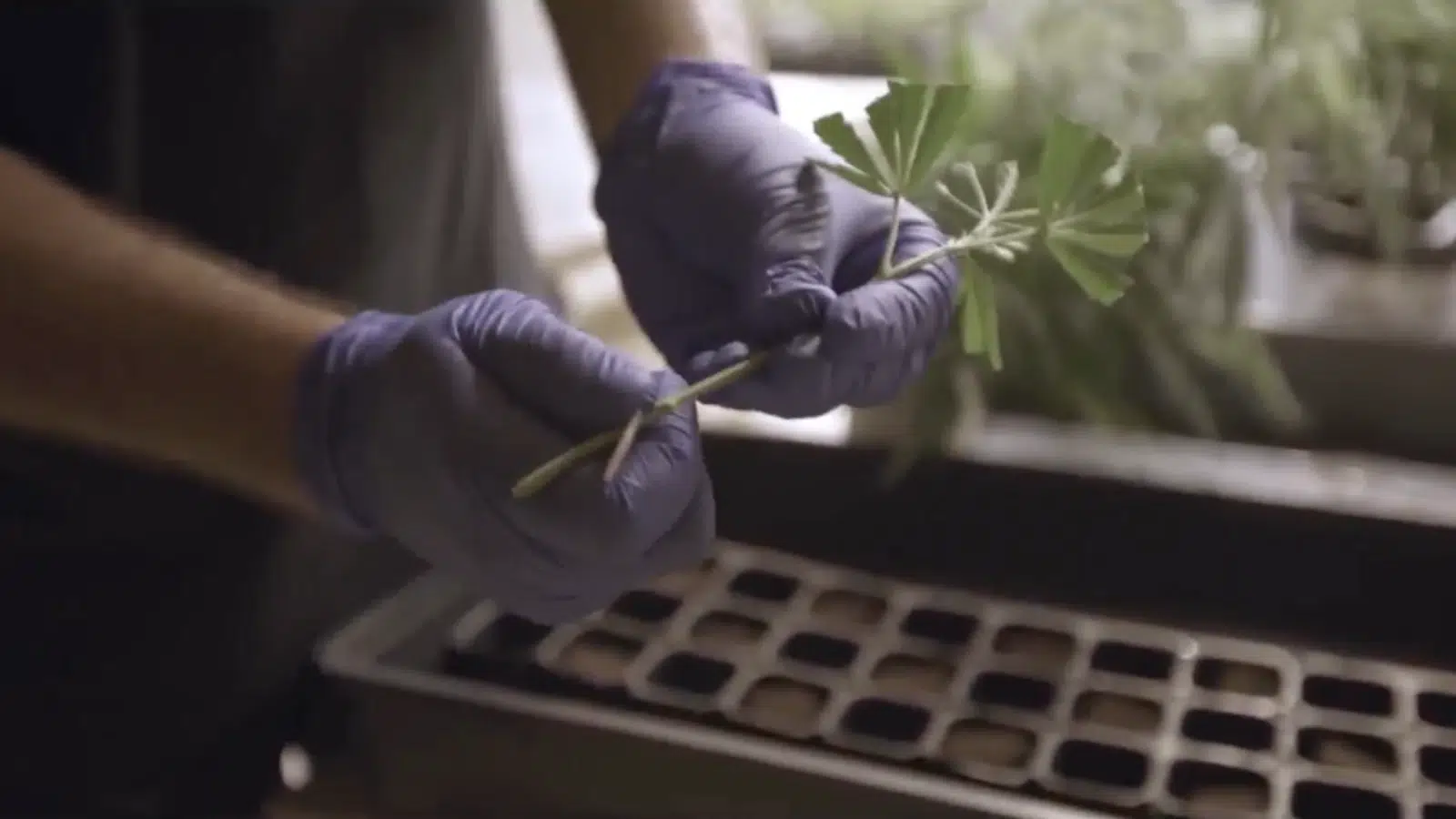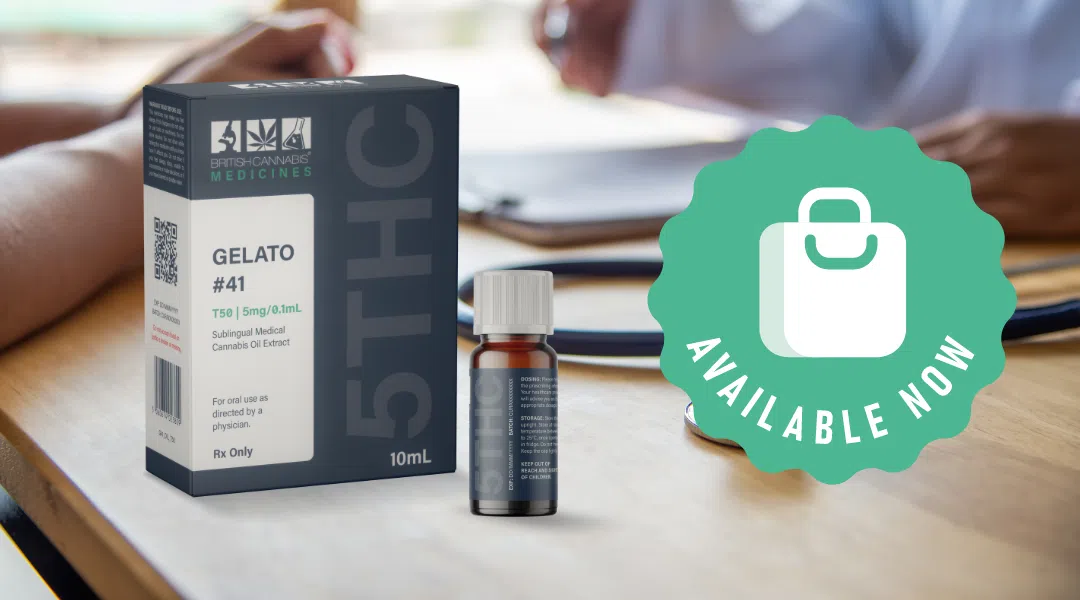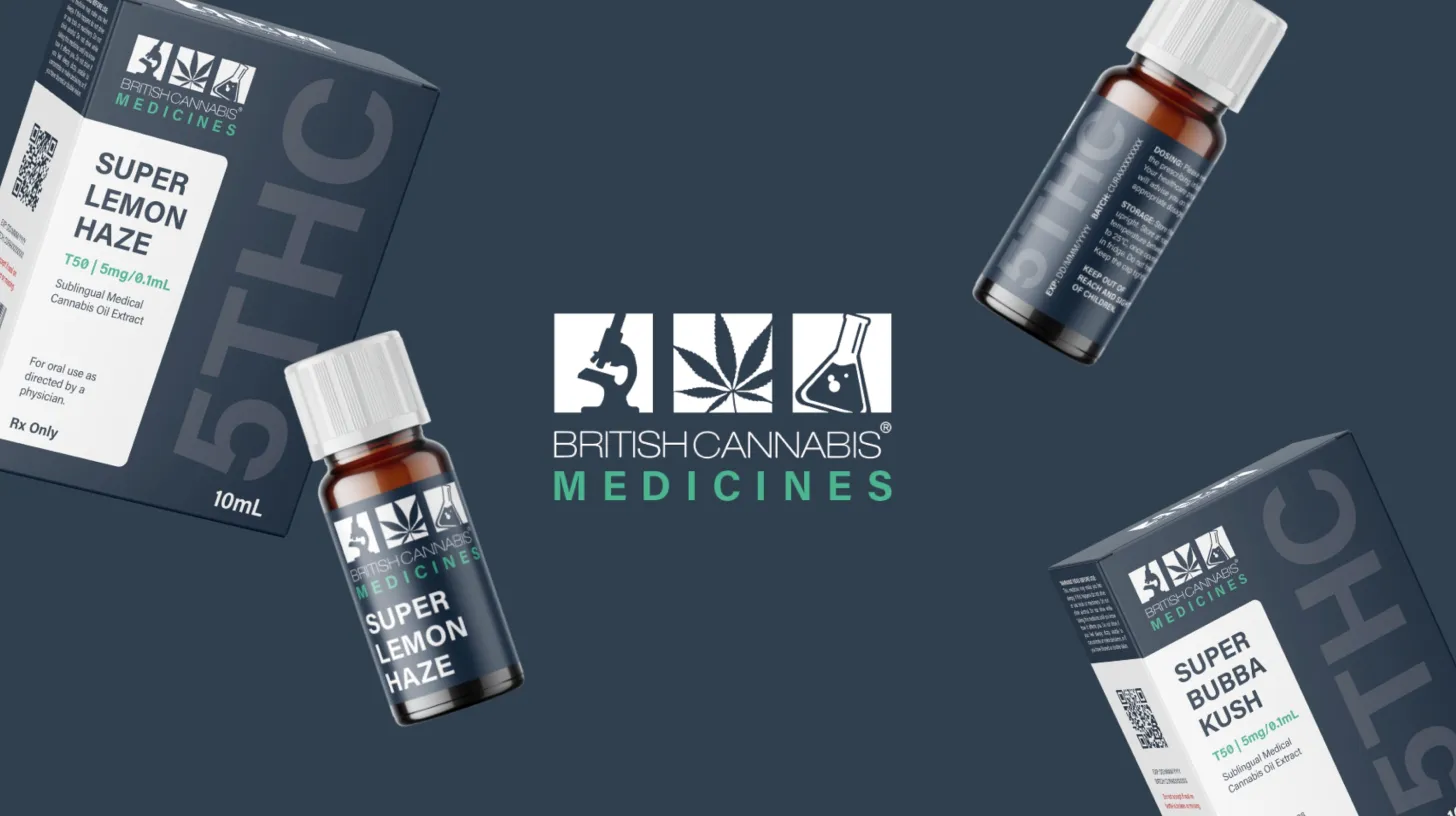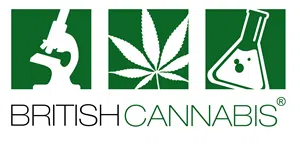
Cannabis Trades Association Gains Clarity from FSA on Novel Status of CBD Products
Following a successful meeting with the Foods Standards Agency in November, some reassuring news has been released that provides clarity on the sale of Cannabis Related Goods in the UK regarding the Novel Foods CBD status.
Author: Tom Whettem – CTA founder & Compliance Director (CEO at BRITISH CANNABIS®)
LONDON: On the 15th November 2019 the Cannabis Trades Association (CTA) met with the Food Standards Agency (FSA) at their London HQ to discuss the ongoing issue of the Novel Foods CBD Regulations.
The meeting organised and led by CTA Director Tom Whettem (CEO – BRITISH CANNABIS®), supported by the association’s Chairman Mike Harlington, Directors Jas Nottay (Healthy Hemp), Tony Fowler (O’Shaugnessy Drink Company) and Elliott Rolfe, head of Cannabis Law at Mackrell.
The primary objective of the meeting was to provide further clarity on the ongoing situation around novel foods CBD, given no official statement having been made by the FSA for nearly 11 months. In that time have seen the industry change dramatically since the update in the Novel Foods Catalogue in January 2019. With a deluge of cheap CBD isolates replacing the high-quality full plant extracts that originally dominated the market.
While the update in January was intended to address a speculative yet undemonstrated public safety concern, the consequential result has been to cause a real public safely issue due to many products now containing cheap CBD isolates. These isolates are far cheaper to produce and have very little historic use when compared to full plant cannabis that has been used for thousands of years.
The irony is that the attempted use of the Novel Foods CBD Regulations (NFR) has monumentally backfired. The very reason these laws were written was to stop unsafe novel foods entering the European food market. A constantly changing catalogue, in addition to a lack of any clear guidance has resulted in the market being flooded with highly “novel” isolated CBD.
The market, before the change to the catalogue, was on the whole a substantially well-self-regulated and safe industry. What we see today is uncertainty and an increasing disregard for compliance as a result of the incoherent and what can only be seen as disruptive actions of the authorities that regulate foods in Europe.
What we can see history is yet again repeating itself, not so long ago the CTA addressed the issue of medical claims in the industry in 2016 following a successful meeting with the MHRA. That led to a long lasting and valuable working relationship, to which a highly compliant industry followed. The CTA is again looking to further solidify its relationships with government departments and the matter of novel foods CBD is at the top of that agenda. While not the first meeting with the FSA it has to be said it was the most productive and successful meeting to date.
What the meeting did provide clarity on was of great assurance to the members of the CTA and the industry as a whole. Discussions were had around the legal process the CTA is embarking on to provide clarity around the novel status of cannabis extracts, specifically the Article 4 submission under the Novel Foods CBD Regulations.
It was confirmed by the FSA, that current opinion on the novel foods CBD status of cannabis extracts is based on the Novel Foods Catalogue which is not legally binding and should only be used as orientation.
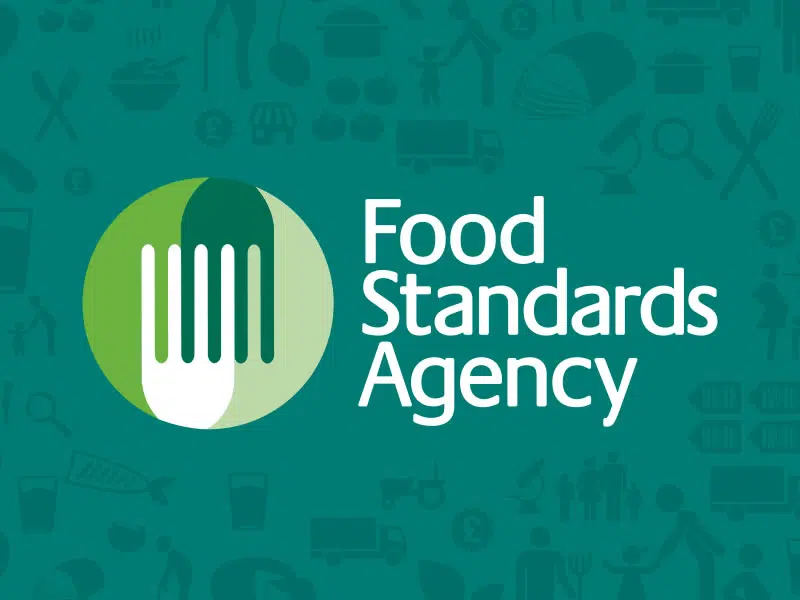
The current legal status is in the UK is not tested, unconfirmed and still open to interpretation. While Jonathan Kirk QC, one of the foremost experts in food compliance, is satisfied that CBD extracts are not novel, the FSA still appear not to agree. We would question their confidence in their position given they have had 12 months to start enforcement, yet they have failed to do so in any instance.
The FSA further went on to confirm their support for the route to compliance that the CTA is undertaking on behalf of its members, that being a submission under Article 4 of the novel food regulations.
The FSA confirmed that the Article 4 submission being submitted by the CTA will form a legally binding determination of the novel status of cannabis extracts. Confirming that this is the appropriate process to follow if there is any uncertainly on the status of if a product is novel or not.
The benefit of this process over a novel foods application being submitted, is that by submitting a novel foods application you are automatically accepting your products are novel. This is a route that is being pursued by other trade bodies that have recently entered the industry. They say their members are “unequivocally committed to achieving Novel Foods status via the Food Standards Agency”.
Yet as soon as their applications are submitted, they have no defence against enforcement and their products being removed from sale. As the very process of submitting a Novel Foods CBD application is acceptance that the products are in fact novel.
The FSA confirmed that, contrary to popular belief and without any doubt, a submitted or ongoing Novel Foods CBD Application (Article 10) will offer no protection from enforcement action. It would be irrelevant if a CBD product’s manufacturers had an application submitted or not. There is no grace period or transitional period offered to products undergoing the application process. Those products could be removed from sale while the application is being processed, which could take up to six years.
This is where the route the CTA is taking differs greatly. With a substantial amount of political support from across Europe, the CTA will reach a determination of the novel status without any admission of guilt until the determination has been made.
The FSA went on to confirm that products that fall within the scope of the Article 4 submission by The CTA (its members’ products) would, therefore, be completely isolated and protected from enforcement, following the determination that they are indeed not novel.
Dr Chris Jones from the MHRA @ CTA Conference 2019
As the largest cannabis trade body globally, operating in the sector for 4 years now and with over 1000 members, the CTA is being commended on its sensible approach to compliance and the valuable support it provides its members and the industry as a whole.
Clarification on Enforcement Action
The FSA confirmed that to their knowledge there have been no adverse health reactions reported with the use of cannabis extracts. The CTA believe this is a contributory factor as to why no enforcement has taken place, as the regulator has a legal obligation to take proportionate approach to enforcement. With no actual reported health concerns, it would be reckless to enforce around this area when there are much bigger public safety issues to deal with.
They also confirmed that there has been no FSA-led enforcement action to date and that no instructions or directions have been made to Trading Standards to enforce.
They also confirmed that no enforcement action would be taking place this year, to the relief for the many sellers of CBD. With no indication of any action in the pipeline, the FSA position has changed little from a year ago, if we can take direction from their past actions it is highly probable that we may not see any enforcement action through the duration of 2020.
The very evidence that could support enforcement action is now being called into question.
The FSA disclosed the safety concerns that form the evidence underpinning the very possibility of enforcement.
On the basis of proportional enforcement and without any reliable evidence to suggest there is any safety concern around CBD, there has never been any reported adverse health reports around the use of CBD. There could only be FSA led enforcement if this evidence was robust enough to warrant a concern to public health.
The study that is being relied upon is generally considered as being fundamentally flawed. It supposedly shows liver damage in mice that have taken CBD. However:
- The doses chosen in the study are equivalent to 1.4g, 4.2g, and 14g of CBD for a 70kg male human. This equates to taking a single dose of 1400mg, 4200mg and 14,000mg. Taking a dose this high would at current retail rates cost £100, £300 and £3000 per dose, which is completely unrealistic to presume anyone would ever take, considering the general dose is around 1mg-25mg
- There are also other cannabinoids in the extract used (57.9% CBD,1.69% d9THC, 2.03% CBC, 1.07% CBG) plus a residual solvent content of <0.5% which likely contains hexane, a known toxin for the liver. So not only does the extract in the study contain high levels of a controlled substance but also known substances that are toxic for the liver
- It is a very small study, with 6 mice within each group
- Those mice receiving the lowest dose that is still over 100x that of the average dose humans take, did not show significant effects on the various liver parameters investigated.
Overall this study is evidence for only the POTENTIAL hepatotoxicity in very high doses of CBD.
Similar to Vitamin A hepatotoxicity seen in humans chronically ingesting 7.5mg per day. Holland and Barrett suggest a dose of 1mg Vitamin A per day as per their soft gel capsules.
Therefore, the maximum daily dosage of 200mg that was agreed in principal with the MHRA and the CTA back in 2016 and that all members of the CTA work within would present no risk to human health. Any enforcement action based on this study would be both reckless and disproportionate, thus the very basis for the whole novel foods situation here in the UK now being called into question.
As the recent World Health Organisation report put it “to date, there is no evidence of any health-related problems associated with the use of CBD.
The FSA went on to request that the CTA assist with the determination of proportional enforcement by submitting data around the safety of CBD to be assessed at the next toxicology meeting in a few weeks’ time. Based on data that calls into question the reliability of their supportive evidence, this could result in there being no safety concerns around cannabis extracts and all enforcement action being cancelled moving forwards.
British Cannabis® UK Manufacturing Facility
ABOUT THE COMPANIES
BRITISH CANNABIS® is the largest producer, manufacturer, and distributor of legal cannabis-derived products in the UK. They own and operate the largest cannabis extraction and purification facility in England and provide analytical testing, bulk extracts, white label products to the UK market leading brands.
The Hemp Trades Association UK Limited t/a The Cannabis Trades Association (CTA) is the only cannabinoid centric trade association for the UK and Europe, working with all sectors of the hemp and cannabis industry to promote good practice, provide practical advice and ensure consumers of legal cannabis and hemp products have access to top quality information.

